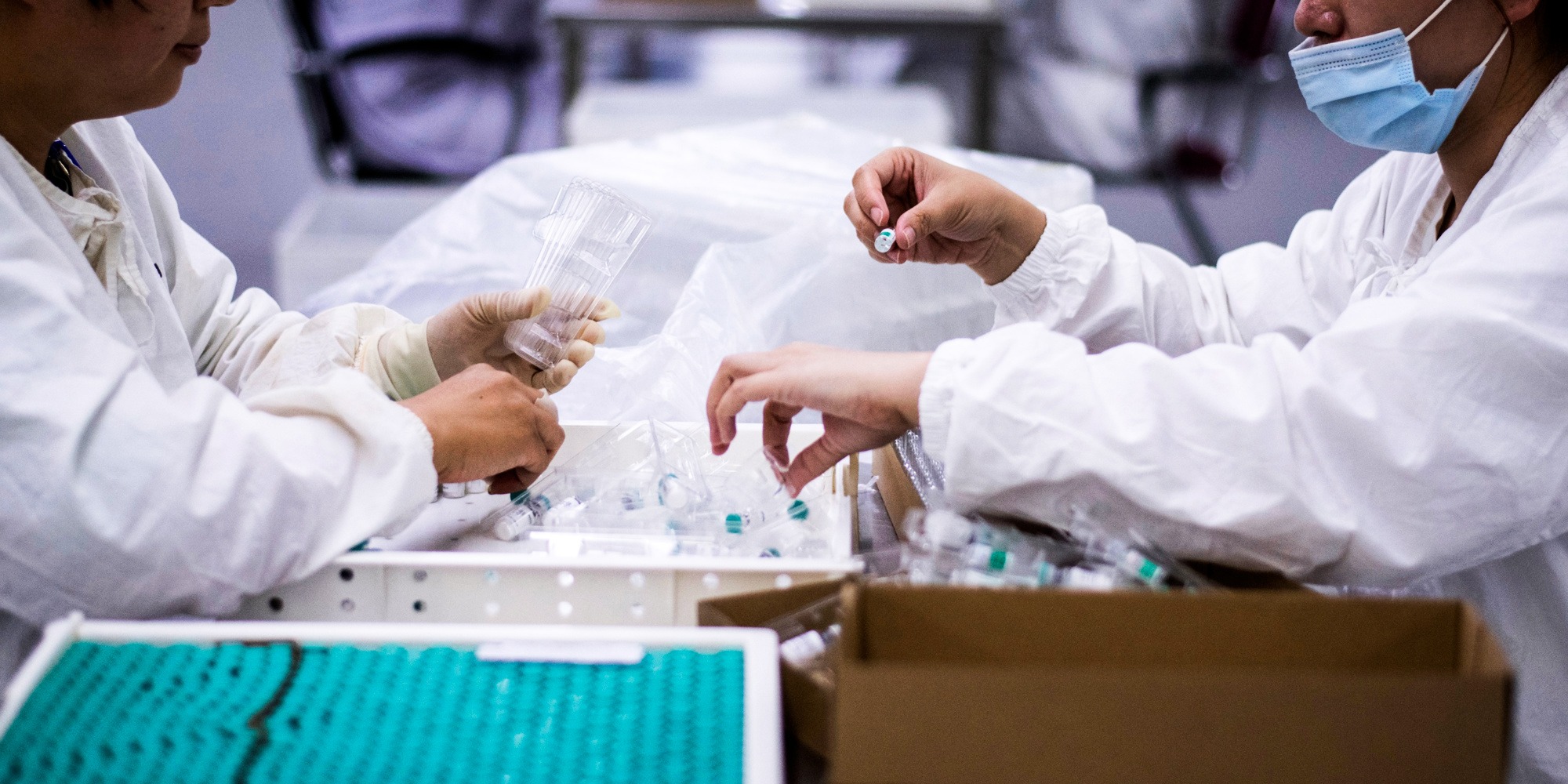In an interview published in the "New York Times" on Monday, a Chinese virologist, director of one of the laboratories of the Institute of Virology in Wuhan denied the theory that the virus caused in the coronavirus pandemic could have happened. escape from its institution. The theory of the laboratory accident in China has made a comeback in American debates.
A Chinese virologist, director of one of the laboratories of the Wuhan Institute of Virology, once again denied the theory according to which the virus causing Covid-19 could have escaped from her institution, in an interview published Monday in the
New York Times
. US President Joe Biden in May called on US intelligence services to "redouble their efforts" to explain the origins of Covid-19, deploring Beijing's lack of cooperation and transparency.
Long brushed aside by most experts, the theory of a laboratory accident in Wuhan, China, has come back in force in recent weeks in the American debate.
And calls for more in-depth investigation are growing within the scientific community.
"There is no proof"
Shi Zhengli, head of the Wuhan institute's P3 high security laboratory (for "class 3 pathogen") which studies many viruses including coronaviruses, responded to the
New York Times
by phone and email. "How the hell can I bring proof of something that there is no proof of?" She blurted out at first, then wishing to continue by email, citing the rules of the institute based in the city that was the first epicenter of the coronavirus pandemic.
According to the New York Times, Dr Shi then responded with a strong negative when asked if his lab had had a strain of the new coronavirus in its possession before the pandemic.
She also denied the information, published in the American press, according to which three researchers from the Wuhan institute were hospitalized in November 2019, presenting symptoms compatible with Covid-19, but also with those of a "seasonal infection ".
Controversial research
Shi Zhengli also rejected the accusations of dangerous genetic manipulation, in particular relayed in the United States by certain elected Republicans. This research, known as "gain-of-function", consists in deliberately modifying the genetic code of a molecule, in this case of a virus, in a sometimes harmless way, but sometimes aimed at to increase the virulence or transmissibility of a pathogen in order to better understand it. Very controversial, research of this type has nevertheless taken place at the Wuhan institute, says the
New York Times
, which refers to an article published in 2017 by a group of scientists from the Wuhan laboratory, including Dr Shi,where they present the results of research during which new bat coronaviruses were created.
Asked by the
New York Times
on the matter, the official said she had never conducted gain-of-function experiments "aimed at increasing the virulence of viruses".

